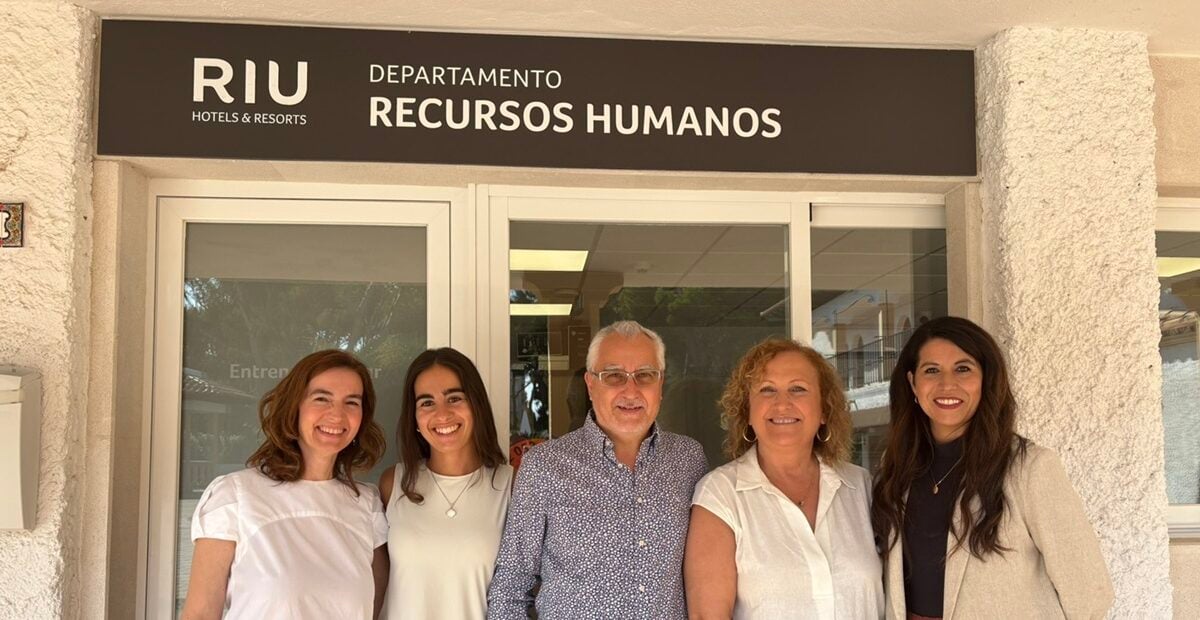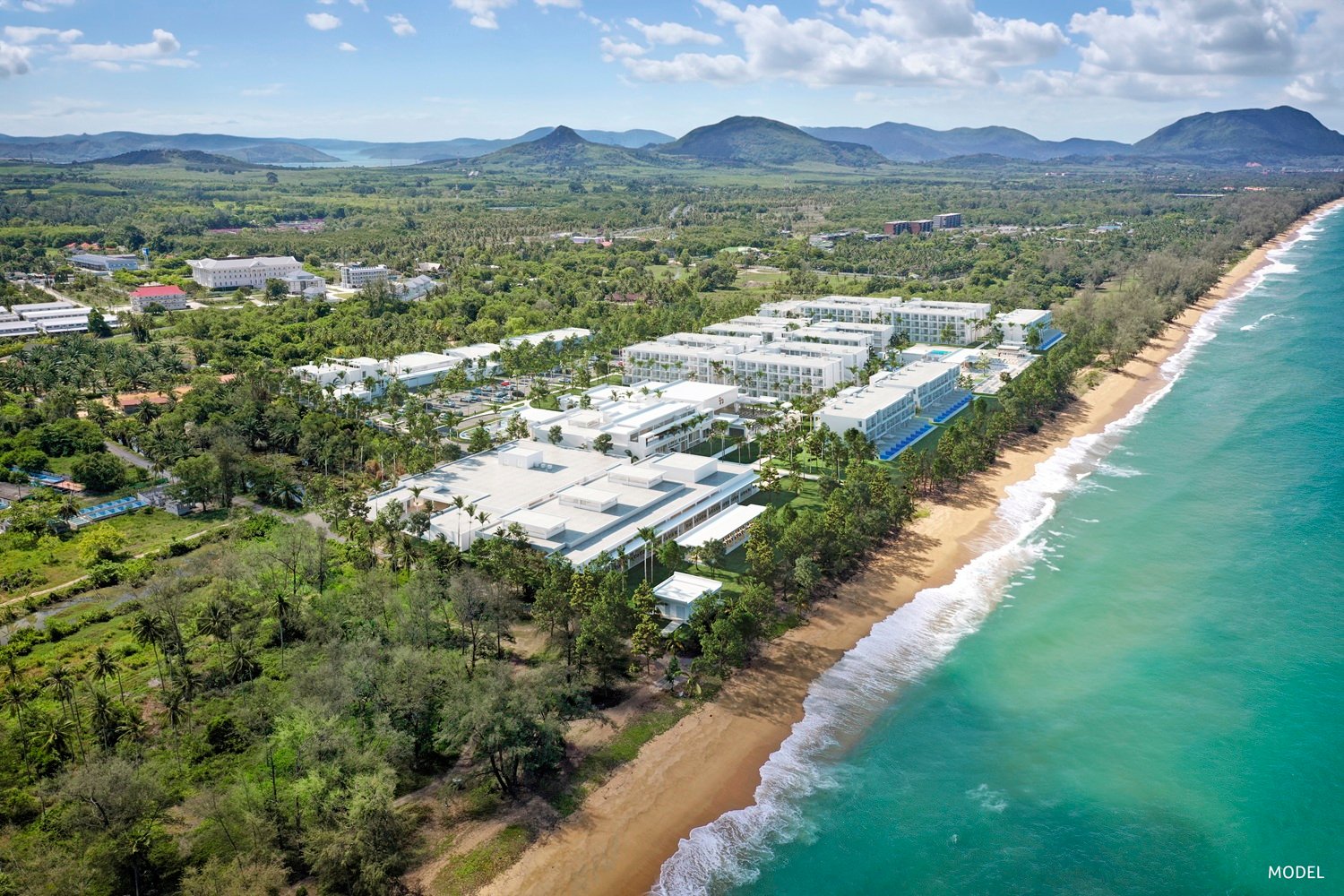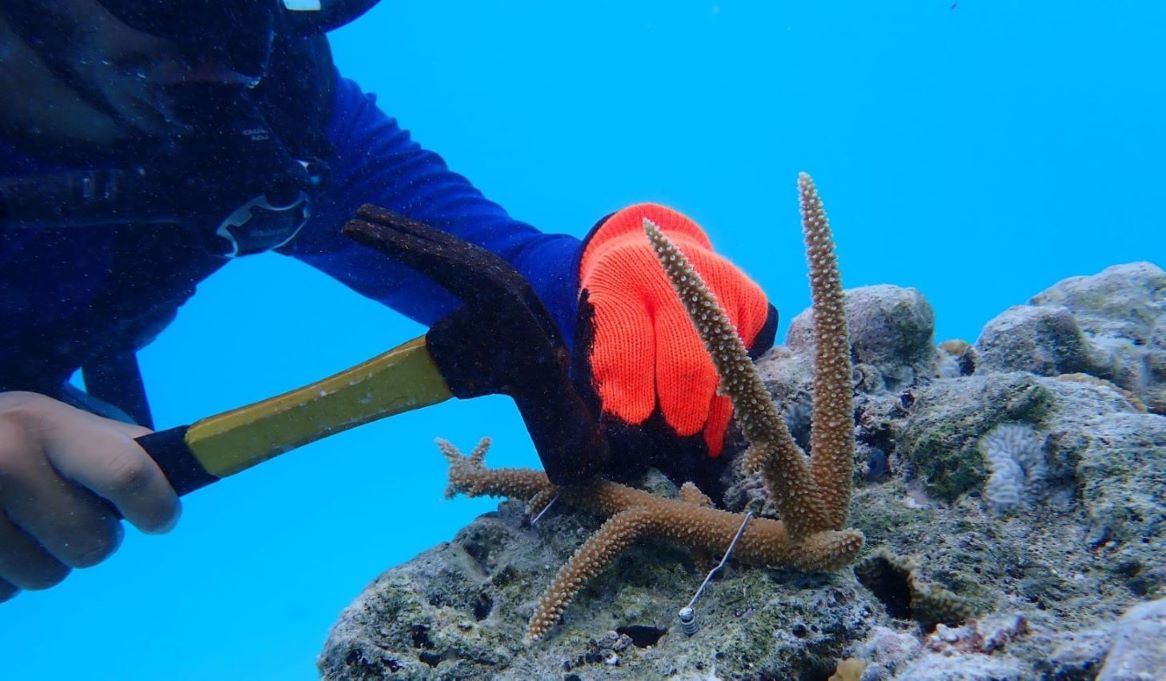The Human Resources Department: The heart of RIU
14 August, 2025The Human Resources department is the centre of every company. It is kind of like a hotel lobby: it is the first space that greets you when you arrive, responsible for making you feel at home and, in the case of RIU, for welcoming you into a big family.
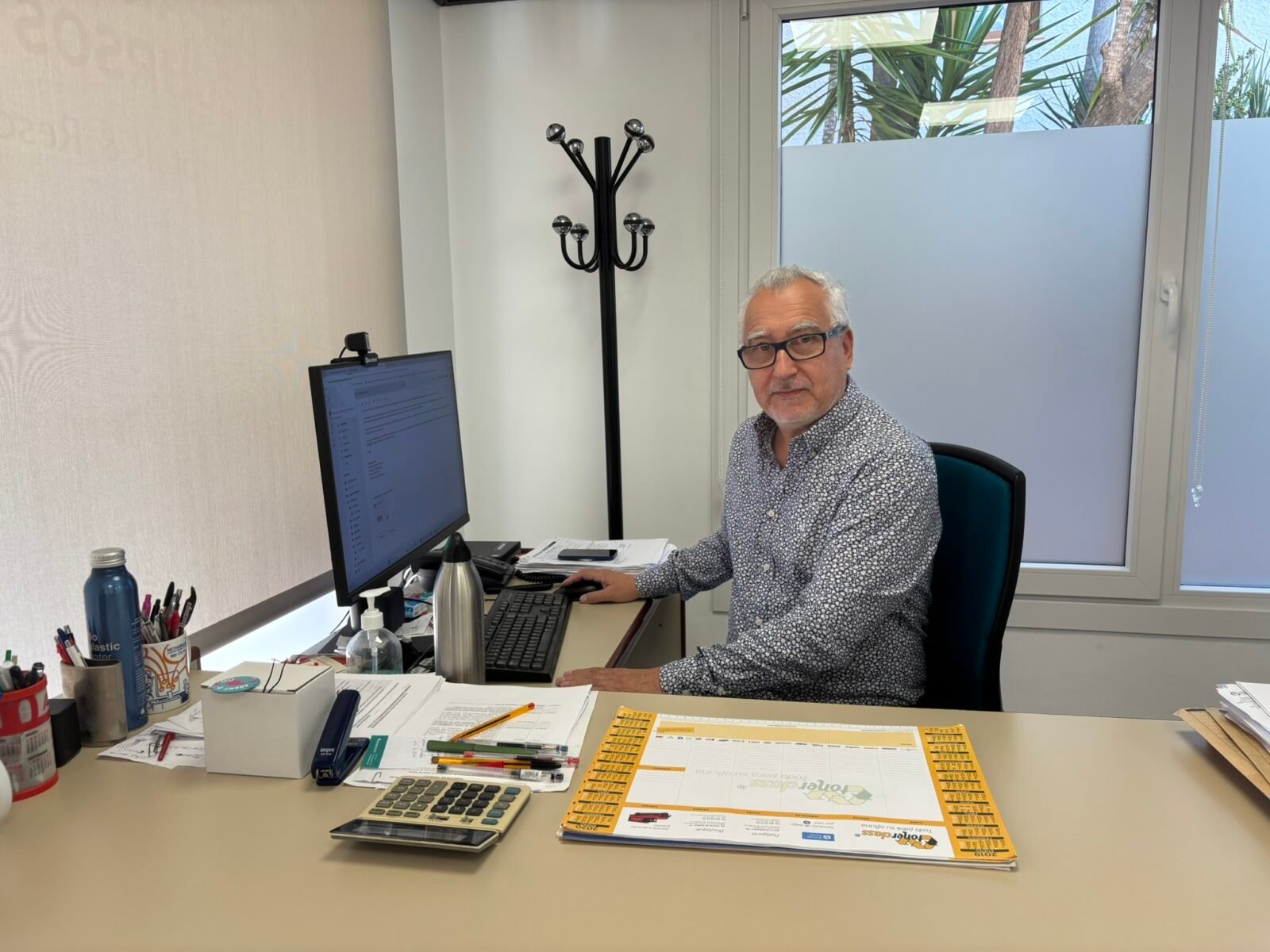
This is a very special post, as today we get to meet and put faces to the Human Resources Department at RIU’s central offices. A team that deserves recognition for its tireless and exemplary management during COVID, silent but essential work also carried out by our Human Resources colleagues at the different locations. But today we are taking a closer look at the work carried out in Palma by the team led by Juan Carlos García, who has been with the chain for over 30 years, alongside Ana María González, the deputy director, and the administrative officers who manage everything from employee relations to staff recruitment. They are Marga Crespí, Aina Garau, Antònia Daviu and Anahí Villagran. They are behind all the hiring for RIU in the Balearic Islands as well as the hotel management programme in the Americas.
“The human resources department is an inherent part of any company; it is born with it.”
It was 1978 when a young Carmen Riu, with a degree in Business Administration from the University of Barcelona and postgraduate studies in Human Resources and Finance from the Instituto de Empresa in Madrid, turned the department into a professional operation after leaving her position as director of Riu Bali.
Many things have changed since then. Juan Carlos remembers that “Previously, ads were published in national and local print media, and CVs would arrive in a certified envelope or by fax.” The employees “received paper payslips. They were sent out by an external French company based in Barcelona. We worked with them until 2009, but since 2010 we have been doing it ourselves, digitally.“
Juan Carlos’s career at RIU: growth and adaptation
“I had been working at Iberotel, which were TUI hotels, managing the HR department of the La Mola hotel in Formentera since 1986.” In 1993, TUI brought Iberotel hotels to the newly created RIUSA II, a company that since that year has been managing all the RIU brand hotels and is owned 50/50 by TUI and the Riu family.In March 1994, he joined RIU with the aim of centralising all the payroll programs that were outsourced to agencies. A project that was rolled out in April 1995. He says it was a long process due to the chain’s multiple destinations.
“In 1997, I went to the Dominican Republic and took charge of the administrative management until 2001.” In July of that year, he returned to Spain, to the Riu Chico, to manage its staff. Then, on May 29, 2002, he became the Director of Human Resources based at RIU headquarters, taking on the responsibility for the Balearic Islands and the corporate side.
The day-to-day life of the HR Department: so much more than just admin
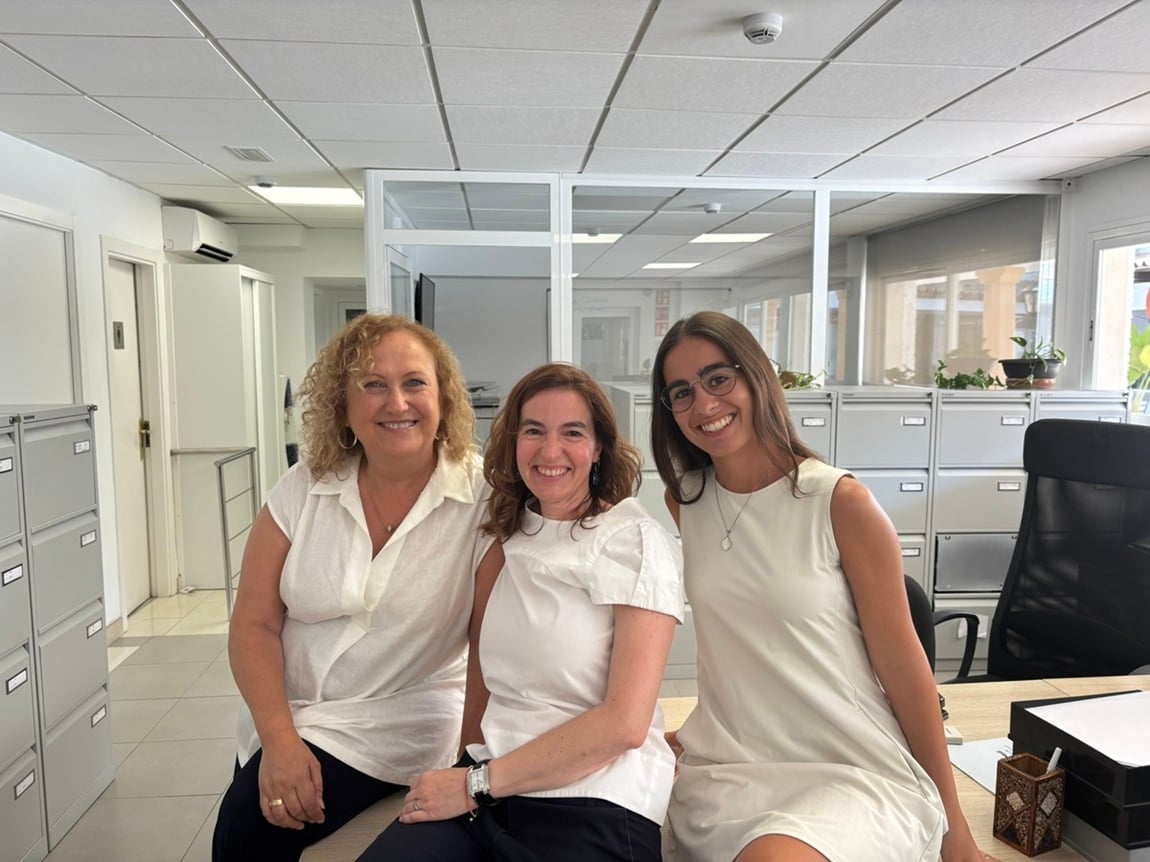
The HR Department at RIU’s headquarters has a fundamental role, carrying out “administrative tasks for employees in relation to social security, payroll, remuneration and mutual insurance“. The department also performs other crucial functions, such as “recruiting staff for all the hotels“. This includes interviews for operational positions and, in the case of management development projects in the Americas, for junior assistant managers. But they also visit universities and tourism schools to identify future talent and establish collaboration agreements.
What should a good candidate for RIU be like?
Juan Carlos says that humility is the most important quality you need to work at RIU. “If you start working without humility, it is very difficult to succeed or have a future. We will give you everything you ask of us as an employee, provided that you fulfil your obligations and demonstrate that you are committed to the company.
“RIU is currently facing increased staff turnover and absenteeism”
“The labour market is very changeable. We have gone through a number of cycles over the years.” Juan Carlos tells us that what was once a challenge due to high levels of unemployment is now a challenge due to the low unemployment rate, which makes it more difficult to find qualified workers. “This is exacerbated in Mallorca by housing prices, because there are not enough people to fill the vacancies. In the past, people would come to work for a season and then return to their home towns, but this flow has now decreased due to worse housing conditions.“
For some time now, it has been difficult to “get the ideal number of workers when hiring. But you adapt.” Currently, unemployment is very low, and this “poses a challenge for HR, as we have to find the right staff with the necessary skills, which is not easy in times of economic prosperity.”That is whyit is crucial that the sector understands that “everything changes, nothing is permanent“. Juan Carlos goes further and explains that “We have to implement a proper onboarding policy.” He believes it is essential to train senior employees to help welcome their newer colleagues and pass on positive values, as “the new generations join us to support RIU’s growth. They have to know that times have changed.” The balance between salaries and well-being, and the restoration of rewards for effort, are key points that he seeks to enhance.
COVID-19: a turning point for the HR department
If there is one moment that undoubtedly marked the history of RIU’s Human Resources department, it was the COVID-19 pandemic. Juan Carlos remembers it with a mixture of bewilderment and pride for the work accomplished and as an unprecedented challenge.
“The team’s flexibility and capacity to work were incredible, allowing us to rapidly adapt to a situation that no one was prepared for.”
Faced with the inevitable closure of the hotels, the company’s immediate decision was to furlough the staff. “Carmen Riu and Joan Trian called me and explained the situation. They asked me what resources I needed to ensure everything went smoothly. I told them that I trusted my team and their ability to work effectively on their own. I knew that with their help I wouldn’t have any problems and that together we would get through it.“
“We worked from 8 am until 8 pm every day. It was four weeks of incessant work. Even at Easter.” Despite the general chaos, RIU’s HR team felt, in some way, fortunate. “I knew I was privileged to be able to go out and maintain a certain level of normality. When I got home, my family had not been able to leave and had spent all day listening to negative news from the media.
Juan Carlos recalls how demanding those days were: “I remember being buried in paperwork trying to sort everything out. The BOE (Official State Gazettes) were coming out one after another.” A Human Resources and Legal Committee was set up to interpret the Royal Decrees, adapting them to the specific circumstances of each destination. The ability to work remotely and safeguard the security of the team was crucial. “In the past, without technology, this would have been impossible”, he says.
“The main goal was for everyone to receive their salary on time.”
The challenge was twofold: to carry out our work and to cover the shortcomings of the state administration. “We had to take on the government’s functions so that everyone could receive the unemployment benefits they were entitled to while furloughed”, because their computer systems were not ready. “We survived because the objective was extremely important: for families to receive their wages”, emphasises Juan Carlos.
The most difficult thing to manage was not the lack of knowledge of what was coming but to “interpret the new policies and carry out tasks that we had never done before. All in record time. Here, too, our payroll provider Grupo Castilla played a vital role. They saved us. They were really quick to adapt to the changes.”
As Head of Health and Safety, his sights were already set on the next step: the reopening of the hotels. “At the same time this was happening, we were looking at how we could reopen, as I am also responsible for the Health and Safety department. Within a few days, a specific committee was formed to address health and safety issues with the goal of reopening hotels with all the necessary safety measures in place, ensuring the well-being of both guests and staff.”
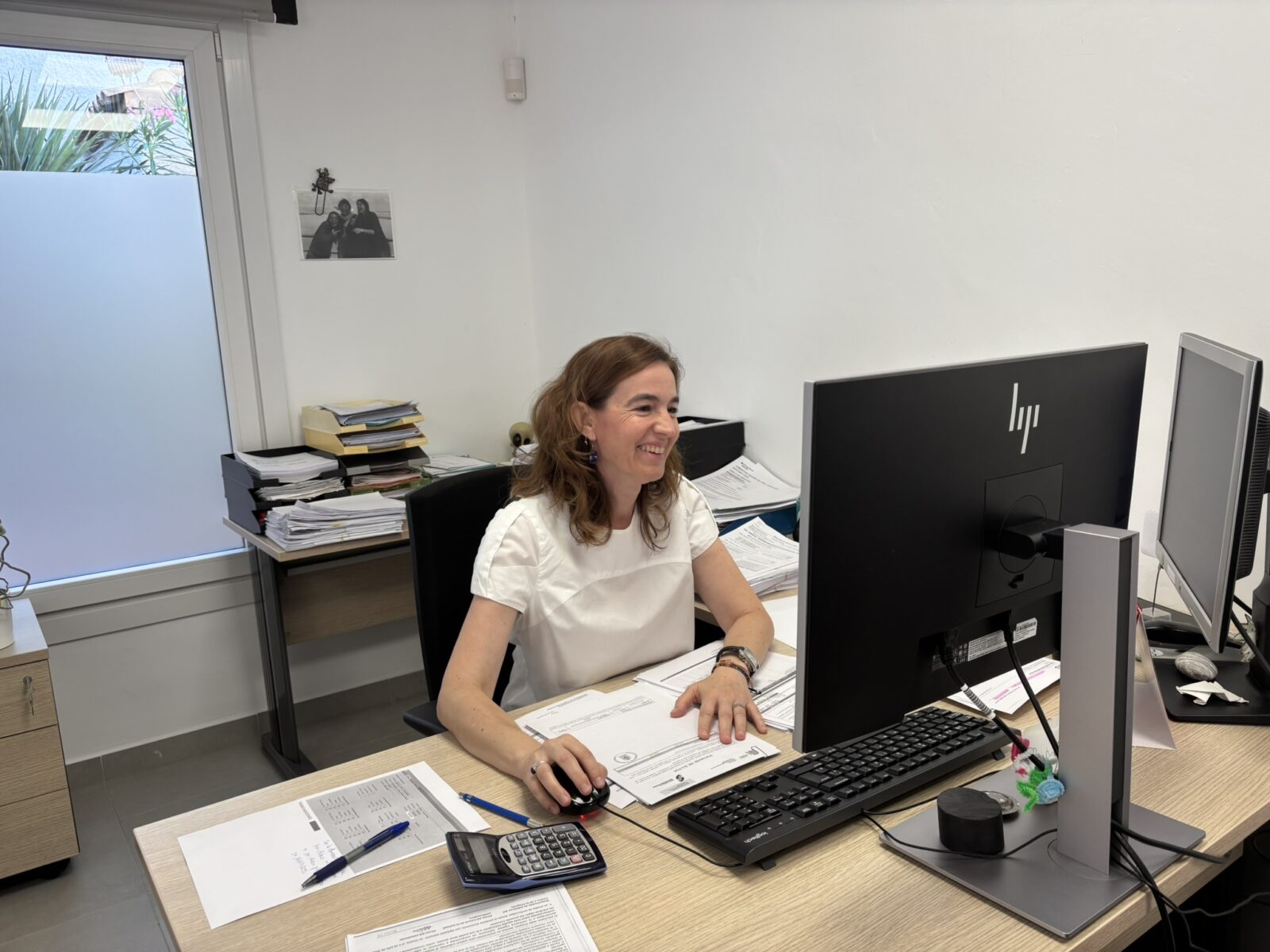
“What I like most about working in HR is helping people.“
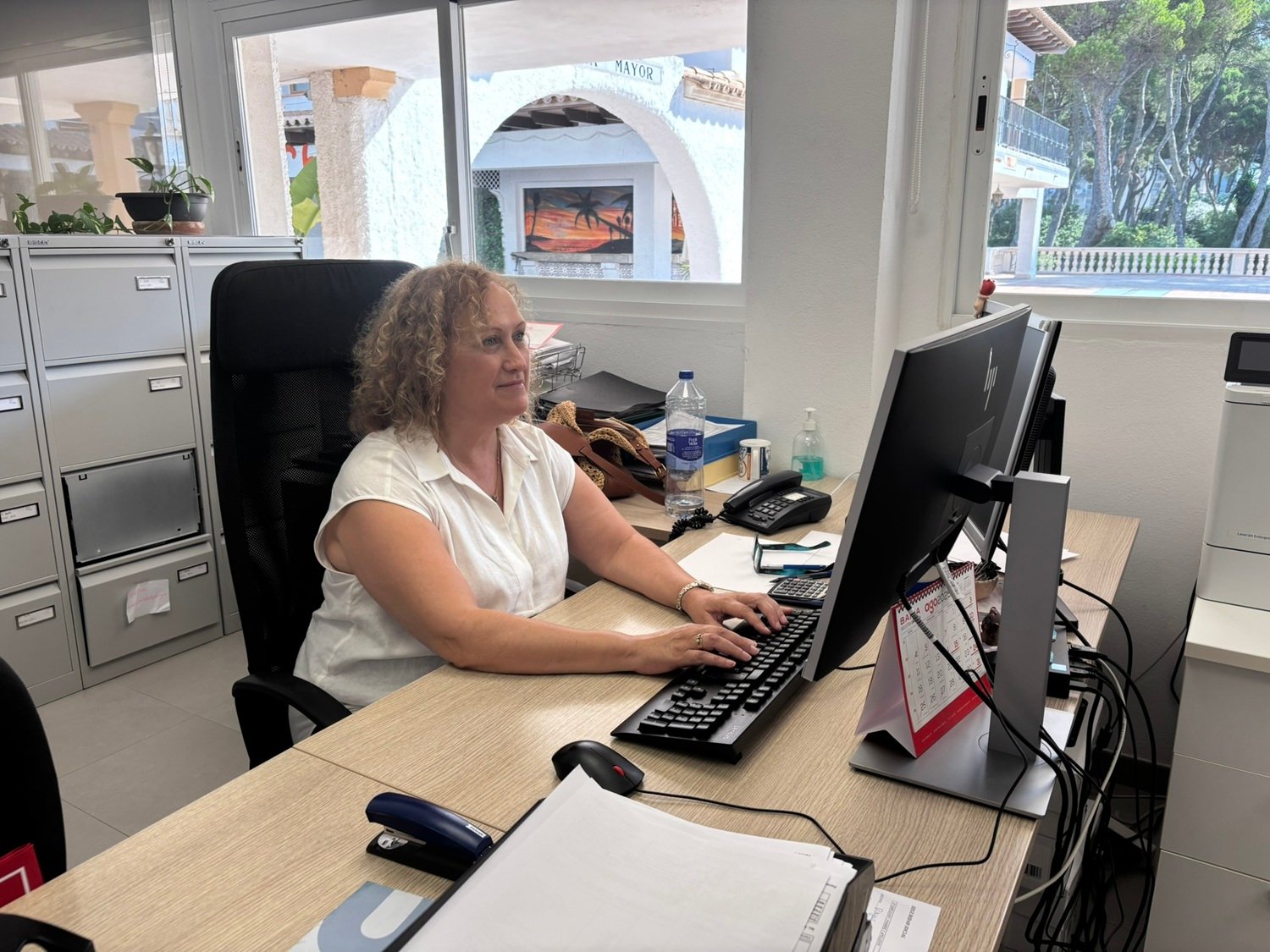
“In the end, you see personal situations where you can contribute and help people facing serious problems. It is also really satisfying to see people grow and evolve professionally.” His words are echoed by Deputy Director Ana María González, who says she loves “the contact with people. It’s such a joy, and a beautiful job. You are giving people employment. Saying goodbye to those who are retiring, while also giving new opportunities to young people”, and as his partner Marga points out “The positive side always outweighs the negatives, and that’s what you take with you. It is a very rewarding job.”
Juan Carlos and his team have taught us many things, but the most important is that working in HR is a vocation. As Ana says, “You really have to love it, because sometimes you face difficult situations. You are the visible face of the company, for better or worse.” Without a doubt, they have shown us that their work is well worth it, especially for the satisfaction of seeing RIU’s big family continue to grow.
